Listeners to BBC Radio 4’s The Food Programme will be aware of its tasty combination of the edible with the viable.
Its annual Food and Farming Awards showcase working examples of practical, mouth-watering innovations from across the UK. There are common denominators defining each of the successful candidates: they offer mouth-watering products, are kind to the environment, develop diverse and valuable intellectual property rights and are economically successful.
What if you sell Maggots?
For the first time, the 2017 awards included an international category. The inaugural winners of the BBC Food Chain Global Champion Award were a South African company, with its roots in Yorkshire and a global vision. AgriProtein is solving the world’s food crises, turning flies into processed food for animals and fish.
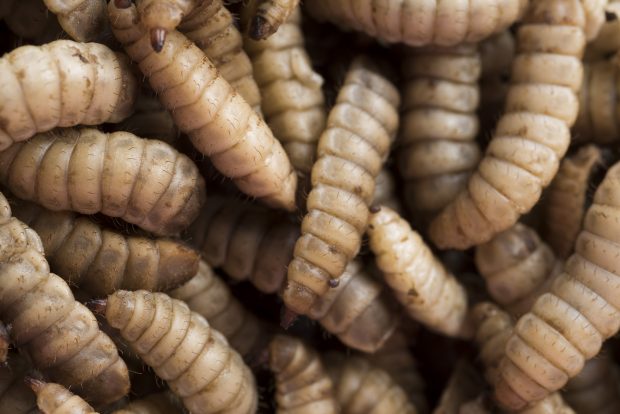
Eco-entrepreneur
As Jason Drew, the driving force behind AgriProtein points out, fish farms do not solve the problem of overfishing, they make it less visible. Farmed fish eat wild fish caught in nets, and the cost of this is rocketing because trawlers must go further to mitigate declining stocks. The system is unsustainable.
For Jason, the Eureka moment came at an unlikely spot:
I was standing at a waste site - surrounded by flies - and remembering fishing with flies.
Jason recalled fishing on a river in Yorkshire as a young boy. The connection was obvious to him. If fish like flies and their larvae enough to risk getting hooked, why not deliver flies to fish farmers to save fish stocks?
The second strand of the project, feeding animals, developed in a different way. It was the chickens that transformed Drew from a serial entrepreneur into what he describes as an ‘eco-capitalist’.
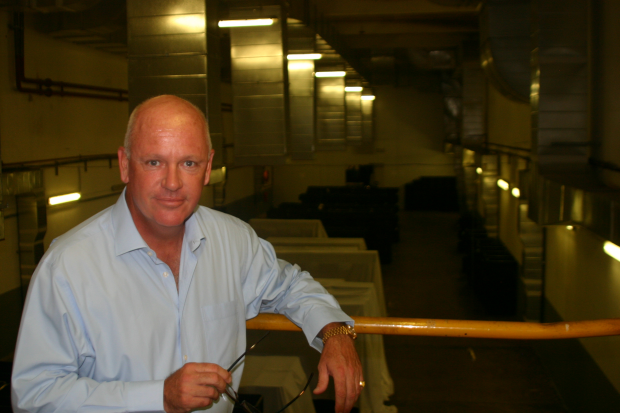
Transformations
Drew moved to South Africa in 2003 where he pursued a successful globetrotting career as a business leader. When he considered the clouds of flies surrounding the waste at a neighbour’s chicken processing plant, he returned to his theme regarding waste. He saw creatures that birds love to eat thriving on their unwanted carcasses.
For Drew the solution was clear: flies are the future because they disrupt inefficient markets and simplify over-complicated supply chains. The protein they offer better represents natural food chains and it lessens our reliance on trawling for fish and animal feed.
Environmental capitalism
Jason Drew’s conversion to environmentalism did not turn him into a protester, it focussed his entrepreneurial instincts. He knew businesses and markets are driven by profit and the only way to alter our over-exploitation of natural resources is to produce cheaper and more efficient alternatives.
For Drew, environmental concern is not just about persuading consumers to behave differently, its about beating the opposition under fair trading conditions. It’s about winning. His books 'The Story of the Fly and How it Could Save the World' and 'The Protein Crunch' explore the concept.
According to Drew, 1kg of fly eggs will transform into 380kg of protein in 72 hours. This can be used to feed farmed animals and farmed fish all over the world. To deliver this, you need a fly farm. And now, close to the runway of Cape Town airport, Jason has got one.
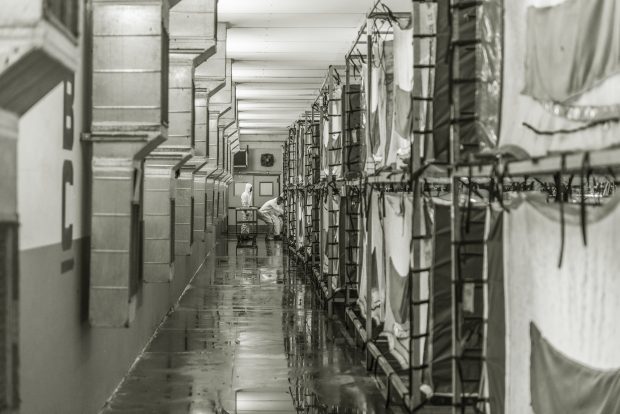
AgriProtein
AgriProtein is a global business. Its 9000m² factory (opened in 2015) produces 2000 tonnes of MagMeal ™ feed per year, using resources that would otherwise have gone to landfill. By creating smaller off-the-shelf factory units, AgriProtein locates the production process close to buyers. This reduces supply-chain costs and focuses the environmental benefits on the areas where the factories are located.
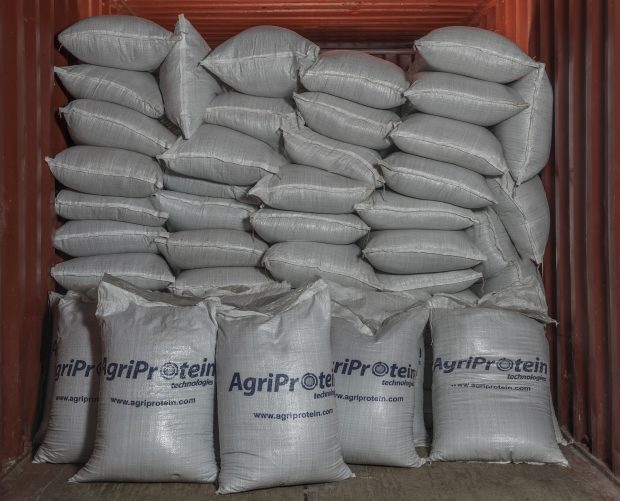
Global recognition
With its headquarters in Gibraltar, a growing presence in London, North America and the far East, AgriProtein was awarded 2013 United Nations Innovation Prize for Africa, the Australian Government’s Blue Economy Challenge and the Clean Equity 2017 Award. When presented with his award by chef Madhur Jaffrey for the BBC Food Programme, Jason Drew said:
Trawling for fishmeal is one of the most destructive activities on the planet. By using existing waste to rear fly larvae, we’re reducing the greenhouse gases and pollution caused by organic landfill.
Good food
Any chef will tell you that the secret to great cooking is 1% inspiration, 99% perspiration. Jason Drew is no exception. His flies give the term ‘good food’ holistic value and the goodness extends deep into the food chain. Jason said:
Most good ideas will work or can be made to work, but it always takes more work, more time and more money than you ever think possible. In fact, if you really knew the extent before you started, you might never start!
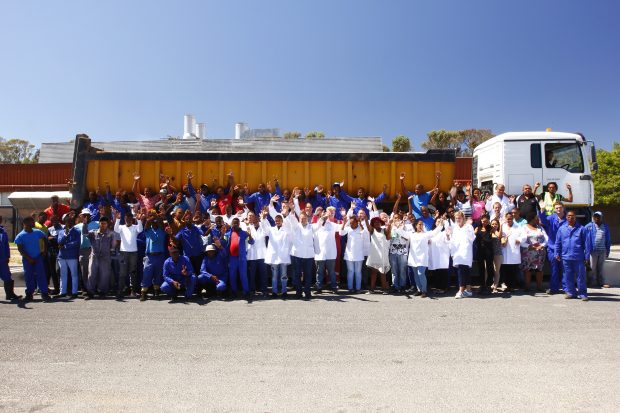
AgriProtein is a registered trade mark, EU016283021.
To keep in touch, sign up to email updates from this blog, or follow us on Twitter.
Recent Comments